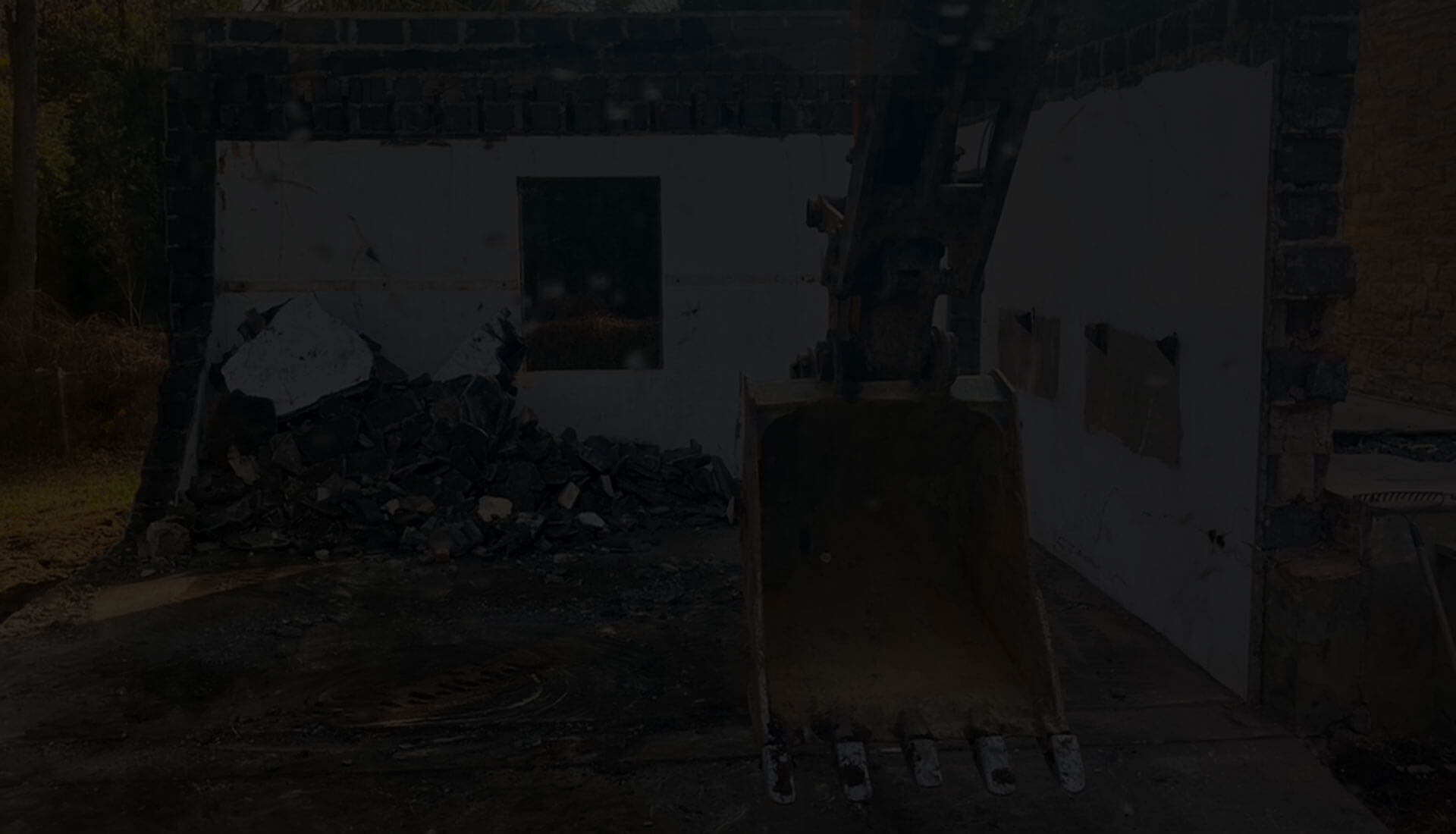
Exterior Demolition
Building demolition is one of our specialties. We demolish houses, commercial structures, retail structures, industrial plants, hospitals, parking garages and school buildings in Westchester, Putnam, and Dutchess counties.
Our customers encompass both public and private industries as well as individual homeowners. From single story homes to large commercial buildings, we have the experience, equipment and manpower to get the job done. We also offer selective tear down services for additions or foundations and excavations. Rest assured, all our work meets OSHA specifications.

ROOF RIP OFFS

COMPLETE WRECKING SERVICE
CONCRETE & ASPHALT REMOVAL
LAND CLEARING
BARNS/SHEDS/POOLS

COMPLETE STRUCTURAL TAKE DOWNS



